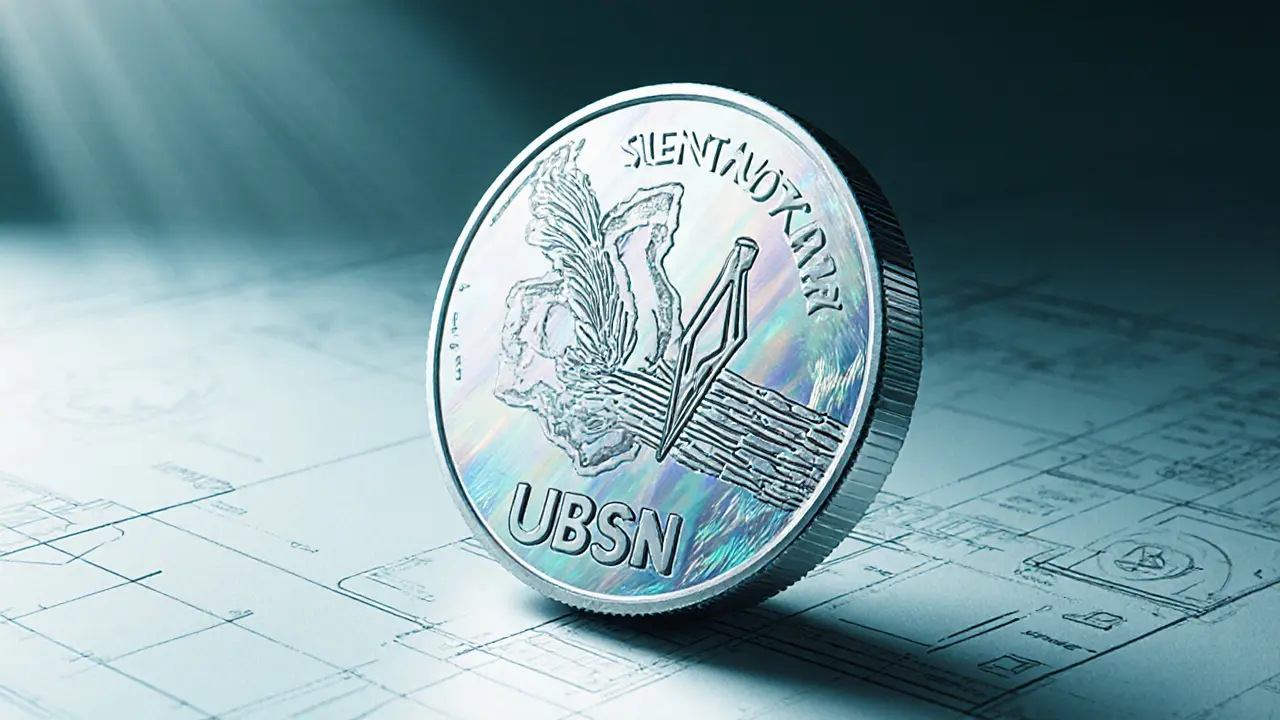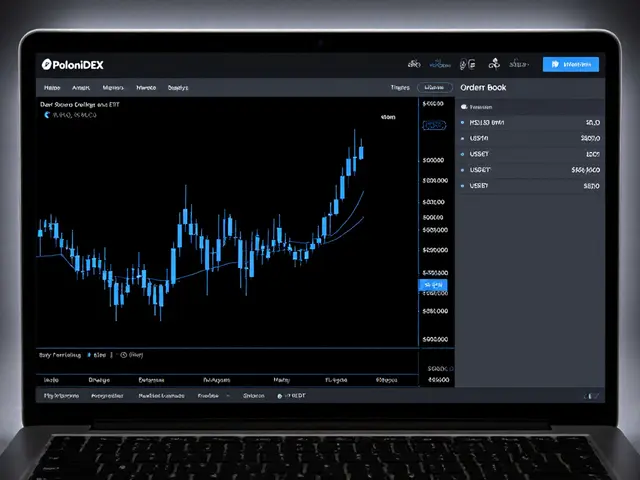Decentralized Notarization: How Blockchain Secures Your Documents
When working with decentralized notarization, a method that records proof of existence, ownership, or authenticity on a public ledger without a central authority. Also known as crypto notarization, it lets anyone timestamp data, verify signatures, and prove integrity without relying on traditional notaries.
Core Technologies Behind Decentralized Notarization
At its heart, blockchain, a distributed, tamper‑proof database that stores transactions in linked blocks provides the immutable record that makes notarization trustworthy. Smart contracts, self‑executing code that runs on the blockchain when predefined conditions are met automate the timestamping process, ensuring the moment a file is hashed is permanently recorded. To bind a document to its owner, digital signatures, cryptographic proofs that confirm a signer’s private key matches a public address are attached to the hash, creating a verifiable link between the person and the data. Finally, decentralized identity, a system where users control their own credentials on‑chain lets individuals manage who can view or verify their notarized records, adding privacy without sacrificing transparency.
These pieces fit together like a puzzle: blockchain stores the proof, smart contracts trigger the timestamp, digital signatures authenticate the creator, and decentralized identity governs access. The result is a notarization service that works 24/7, costs a fraction of a traditional fee, and can be verified by anyone with an internet connection. Whether you’re a freelancer needing a tamper‑proof contract, a startup issuing tokenized assets, or a researcher publishing data, decentralized notarization offers a fast, cheap, and legally robust alternative.
Below you’ll find a hand‑picked collection of articles that break down each component in depth. We cover everything from the basics of how a hash becomes a notarized record, to advanced use cases like cross‑chain proofs and zero‑knowledge privacy layers. Dive in to see real‑world examples, step‑by‑step guides, and the latest trends shaping the future of digital trust. Ready to explore how these tools can protect your work? Let’s get started with the posts that follow.
Silent Notary (UBSN) Crypto Coin Explained - What It Is, How It Works, and Risks
Learn what Silent Notary (UBSN) crypto coin is, how its decentralized notarization works, tokenomics, where to trade, price outlook, and key risks.
View More




